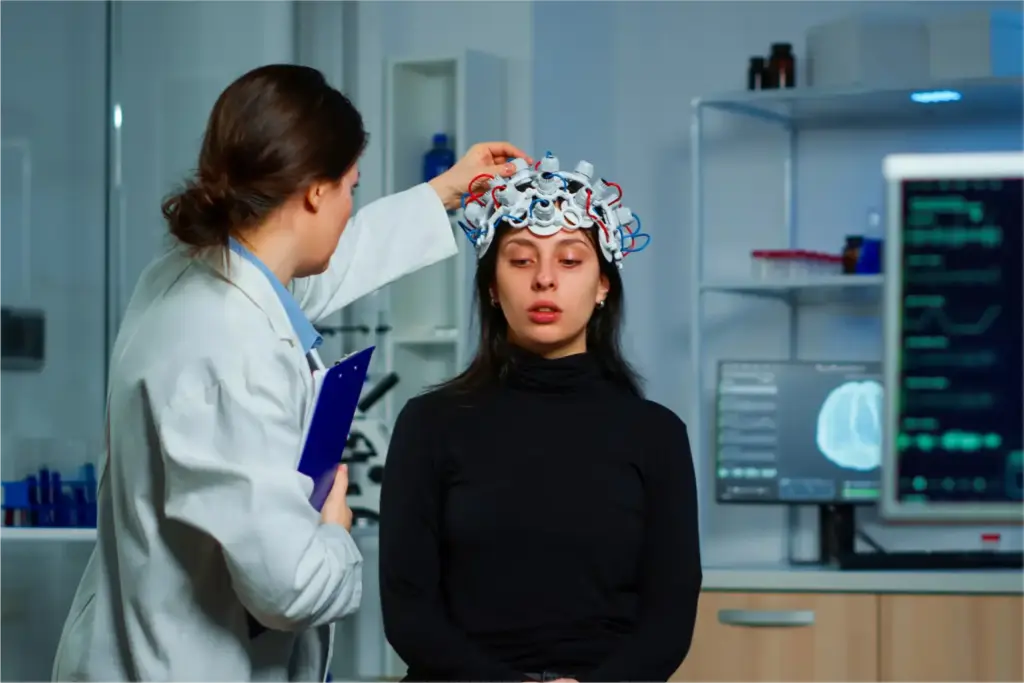
Antidepressant sexual side effects: A common, noninvasive brain test could one day help identify which patients are most likely to develop sexual side effects on antidepressants, according to preliminary research presented at the 38th European College of Neuropsychopharmacology (ECNP) Congress in Amsterdam.
Researchers in Copenhagen used an EEG measure called loudness dependence of auditory evoked potentials (LDAEP), an indirect marker of serotonin activity, to forecast who on the SSRI escitalopram would develop sexual problems.
Also Read | Microsoft partners with Harvard Health to upgrade Copilot’s healthcare replies: Report
In a study of 90 adults with major depression, lower LDAEP (indicating higher serotonin activity) predicted orgasmic dysfunction after eight weeks with 87% accuracy. The signal was less predictive of reduced libido. A larger 600-participant study is underway.
Sexual side effects affect an estimated 25%–80% of antidepressant users, ranging from low libido and arousal problems to orgasmic dysfunction and erectile issues. Clinicians say a reliable predictor could enable more precise prescribing, for example, steering higher-risk patients toward alternatives such as bupropion (an NDRI) or adding targeted treatments.
Experts urged caution. The findings are based on an abstract not yet peer-reviewed, the sample was small and mostly female, and LDAEP is an indirect proxy for serotonin. Replication and placebo-controlled trials are needed, including better data in men and on outcomes such as erectile dysfunction. Still, psychiatrists say the approach could improve adherence and quality of life if validated, helping patients treat depression without sacrificing sexual function.








